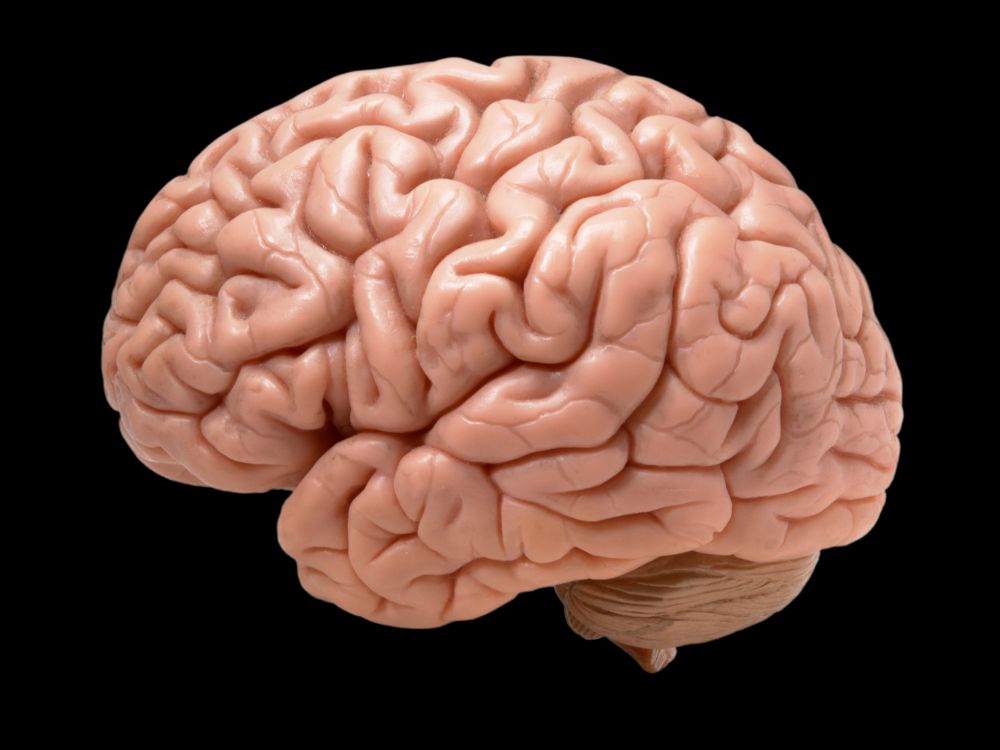
Brain aging: what should we watch for?
We’ve all had that moment of panic when we forget a name, an appointment, a word. Could it be the start of Alzheimer’s? That fear is there, lurking in the corner of our minds… especially when a parent starts looking for their keys every day. Yet aging does not mean losing your brain. It’s about learning to tell the difference between normal slowing… and a real warning sign.
The brain ages. That’s normal.
Aging means accepting that the speed at which we process information decreases. The brain is like a diesel engine: it takes longer to start… but it’s still powerful. What we call “normal cognitive aging” mainly affects working memory, concentration, and processing speed. You search for a word, forget a name, mix up days… but you can still perfectly recall your 1984 spaghetti sauce recipe.
Where concern is warranted is when automatic skills disappear. When someone gets lost walking to the corner store. When they forget the rules of a game they knew by heart. That’s no longer distraction—it’s a structural change.
It’s not inevitable (unless you just don’t care)
The brain loves to be stimulated. It’s practically a diva: it needs to be fed, moved, surprised. And guess what? It’s proven: physical activity, omega-3-rich nutrition, brain games, reading, and social interaction all slow cognitive aging. This isn’t health-magazine fluff—it’s documented.
But here’s what we don’t talk about enough: what quietly damages the brain—boredom, chronic stress, isolation, days that all look the same. And you can’t fix that with a magic pill. It takes movement, connection, and opportunities to “think” with pleasure. And above all, not treating our elders like houseplants that just need watering.
Some signs should never be brushed off
Want warning signs? Here they are: sudden social withdrawal, unusual repetition, disorientation even in familiar places, or an elder who no longer seems to find everyday words. These aren’t “just forgetfulness.” It could be the brain saying, “I’m getting tired.”
Yet we often dismiss these signs—out of fear of a diagnosis, out of shame, or by telling ourselves, “They just slept badly.” And that’s when things can silently tip over… right into a fall. Literally.
An SOS button to think for them, when they can’t
Picture this: sudden confusion. A gentle, aimless wandering. A fall without the ability to call for help. These are moments when the brain falters… and when a device like SmartSAFE™ makes all the difference. With its automatic fall detection, GPS function, and simple SOS button, it acts when the person can’t act for themselves.
It’s not an alarm. It’s a silent ally that watches over in critical moments. And sometimes, that small discreet thing around their neck is what allows our elders to stay home, to respond quickly in moments of confusion, and to protect their autonomy—without infantilizing them.
Because yes, the brain ages. But that doesn’t mean we should give up. It just means we need to equip the environment to keep pace.
